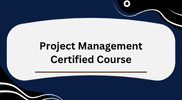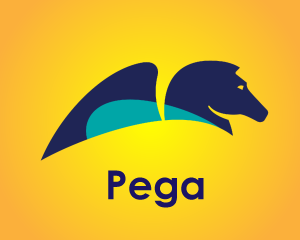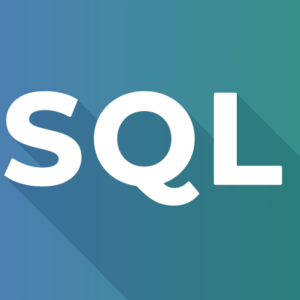Description
Course Description:
The Certified VLSI Chip Design course is a comprehensive program that equips learners with end‑to‑end skills in digital integrated circuit design—covering everything from conceptual logic to hardware implementation. Through structured modules, participants master Verilog/VHDL coding, digital CMOS fundamentals, combinational and sequential circuit design, and finite-state machines. Practical exposure includes FPGA prototyping on Xilinx/Altera platforms, backed by hands-on lab sessions using industry-standard tools like Cadence and Synopsys. The curriculum extends to ASIC
Key Features of Course Divine:
- Collaboration with E‑Cell IIT Tirupati
- 1:1 Online Mentorship Platform
- Credit-Based Certification
- Live Classes Led by Industry Experts
- Live, Real-World Projects
- 100% Placement Support
- Potential Interview Training
- Resume-Building Activities
Career Opportunities After Certification in VLSI Chip Design:
- VLSI Design Engineer
- Physical Design Engineer
- Verification Engineer
- RTL Design Engineer
- ASIC/FPGA Design Engineer
- DFT (Design for Test) Engineer
- CAD/EDA Tool Engineer
- Embedded System Engineer
Essential Skills you will Develop Certification in VLSI Chip Design:
- Digital Design Fundamentals
- Verilog/SystemVerilog Programming
- RTL to GDSII Flow
- FPGA Design and Prototyping
- ASIC Design Methodologies
Tools Covered:
- Cadence Design Systems
- Virtuoso (for Analog and Custom IC Design)
- Genus and Innovus (for RTL to GDSII flow)
- Spectre (for circuit simulation)
- Synopsys Tools
- Design Compiler (for RTL synthesis)
- IC Compiler II (for physical design)
- VCS (for simulation and verification)
- Mentor Graphics (Siemens EDA)
- ModelSim or QuestaSim (for HDL simulation)
- Calibre (for DRC, LVS, and physical verification
Syllabus:
Module 1: Introduction to VLSI Design Evolution and scope of VLSI Moore’s Law
ASIC vs FPGA Design Flow Overview.
Module 2: CMOS Technology Basics of MOSFET CMOS Inverter characteristics
Fabrication process Scaling and its impact.
Module 3: Digital Logic Design Combinational and sequential logic design Finite State Machines (FSMs) Timing diagrams Design for testability.
Module 4: HDL Programming (Verilog/VHDL) Syntax and structure
Simulation and synthesis Behavioral, structural, and RTL modeling and debugging.
Module 5: FPGA Design Flow Introduction to FPGA architecture
Design using Xilinx/Intel FPGAs Synthesis, Place & Route Programming on FPGA boards.
Module 6: ASIC Design Flow Front-end vs back-end design Logic synthesis
Static Timing Analysis (STA) EDA tools overview.
Module 7: Physical Design Floor planning, placement & routing Design Rule Check (DRC) Layout vs Schematic (LVS) and IR drop.
Module 8: Analog and Mixed Signal Design Operational amplifiers and comparators
Data converters (ADC/DAC) Analog layout practices Noise and matching issues.
Module 9: Low Power and Timing Optimization Dynamic and static power
Clock tree synthesis (CTS) Multi design Power gating & clock gating.
Module 10: Project & Industry Tools Hands-on mini project: Design & simulate a digital system Tools: Cadence, Synopsys, Mentor Graphics Industry applications & career paths.
Industry Projects:
- RTL Design of a 4-bit ALU
- Design and Verification of a FIFO
- Implementation of UART
- ASIC Flow Project
- Static Timing Analysis
Who is this program for?
- Engineering students
- Recent graduates
- Working professionals
- Faculty members
- Researchers
How To Apply:
Mobile: 9100348679
Email: coursedivine@gmail.com









Reviews
There are no reviews yet.